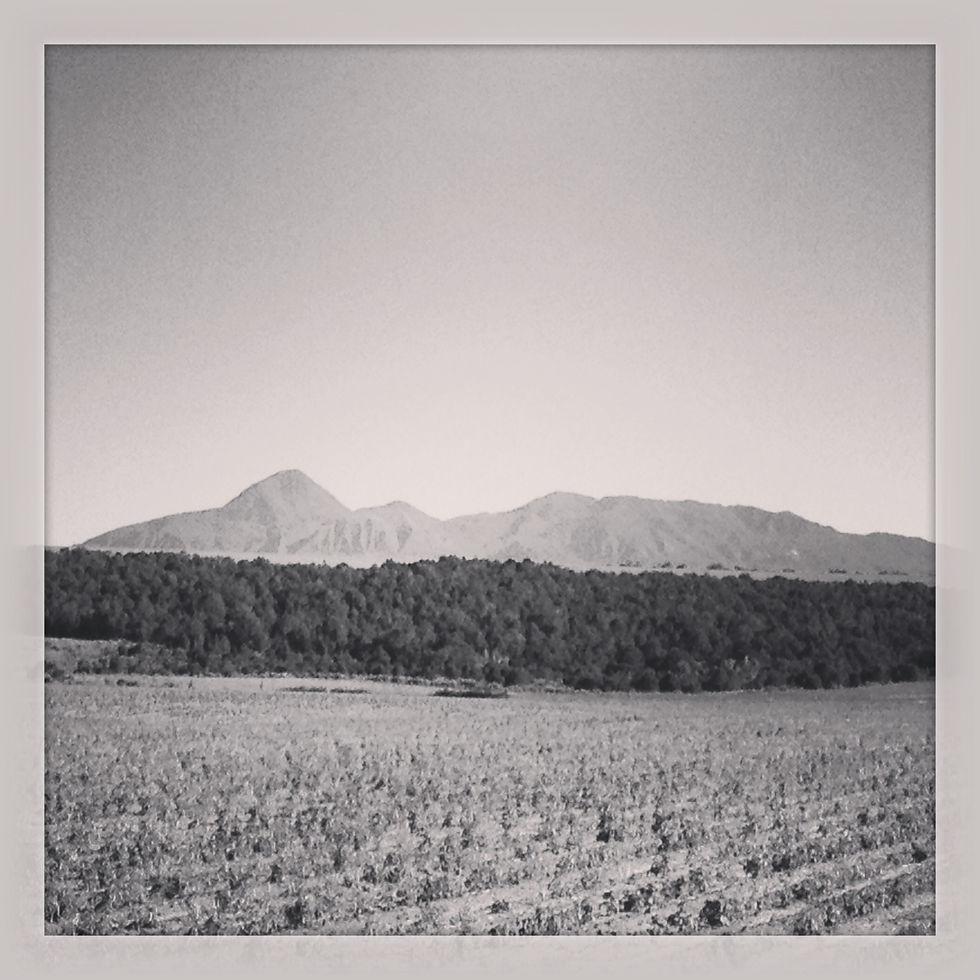AGENDA
My research focuses on how collectives reckon with past violence. I use archaeology, ethnography, and historiography to better understand how past violence influences present-day sociopolitical consciousness and collective imaginations of the future.
Primary Interests
Cultural heritage and collective memory; political violence and colonialism; intersections of race, indigeneity, and gender; feminist anthropologies; indigenous and diasporic (historical) archaeologies; time, temporality, materiality; collaborative research methodologies
Broad Areas of Competency
Historical Archaeology/Anthropology; Latin American History; American Indian and Indigenous Studies; Black Studies
Geographic Areas
Americas (especially Maya Lowlands, Mexico, and USA); Australia
 |  |  |  |
|---|---|---|---|
 |  |  |  |
 |  |
BOOK PROJECT
How does political violence materialize across timescales in settler colonial contexts? This central question of my working book manuscript, Things of War: Conflict & Heritage on Mexico's Maya Frontier, responds to what I see as a growing divide between war studies and everyday life studies in the humanities and social sciences. This divide has special influence in studies of colonialism writ large, and colonial violence in particular, because it can render indigenous and Afro-descendent peoples' experiences with and engagements in colonial projects unintelligible. In order to remedy this shortcoming, I present a framework for an archaeology of political violence, defined not as a synonym for war, but as the function of war and structural oppression. The framework I propose emerges from my involvement with a collaborative heritage initiative, the Tihosuco Heritage Preservation and Community Development Project, located in Tihosuco, Quintana Roo, Mexico. The project positioned me to draw on a wide range of media with which to think about the politics surrounding the history of the Maya Social War (or, Caste War of Yucatan)—a predominantly Maya anticolonial insurrection that began in the former Tihosuco Parish in 1847. By conventional accounts the war lasted until 1901, making it one of the longest (as well as most successful) indigenous insurrections to have been mounted in the Americas. My dissertation, "Materializing Political Violence: Segregation, War, and Memory in Quintana Roo, Mexico," began to contend with how political violence materializes by investigating the racial geographies of segregation, war, and memory practice in the region. Ultimately, the aim is to arrive at a more holistic approach to investigating violence—and its ramifications—in settler colonial contexts.
OTHER RESEARCH EXPERIENCE

California Indian Terminated Tribes Project (formerly, Wáyk’a Heritage/Kusta Ceremonial Center Project), Yreka, CA 2016-Present Director: Dr. Brian Daniels

Contributor Culture Conflict Research Network 2015-2016 University of Pennsylvania Museum Smithsonian Institution American Association for the Advancement of Science

Crew Lead and Consulting Research Associate 2011-2013 Archeo-Tec, Inc. Consulting Archaeologists Oakland, CA Principal Investigator: Allen G. Pastron, PhD,

Assessment Team Mesa Verde Conservation Assessment Practicum 2013 "Beyond the Chrono-Bar: Exploring the Ramifications of Periodization and Time Distancing at Mesa Verde" Penn School of Design and Department of Anthropology Directors: Dr. Clark Erickson and Dr. Frank Matero

Research Team Natural and Cultural Heritage Policy Practicum 2013 Daniels, Brian I., Tiffany C. Cain, Maria Fernanda Esteban Palma, et al. "World Heritage Impacts Study Project: Methods for Assessing Economic Value at World Heritage Sites" Prepared for the US Mission to UNESCO, US National Park Service, Office of International Affairs

MA/BA Thesis Research Martu Country 2009-2010 What role does heritage discourse play in Australian national debates surrounding race, indigeneity, and the unfinished project of Reconciliation?

Vinovium/Binchester Roman Fort Archaeological Field School Durham, UK, 2010 Director: Dr. Michael Shanks (Stanford University)

Çatalhöyük Archaeological Research Project Küçükköy/Çumra, Turkey 2008 and 2009 Director: Dr. Ian Hodder